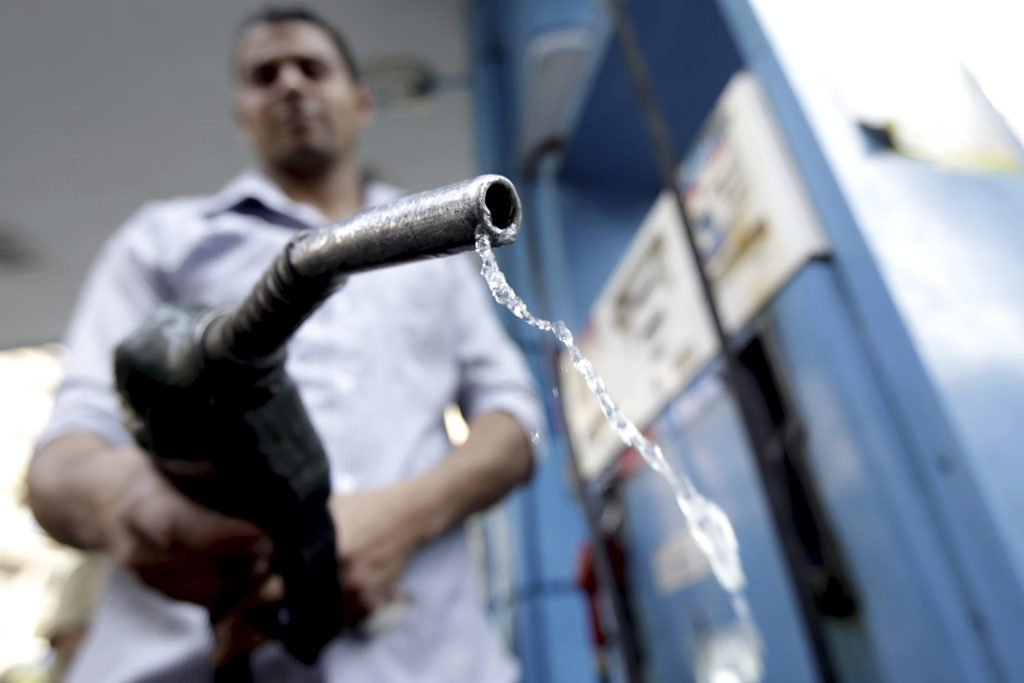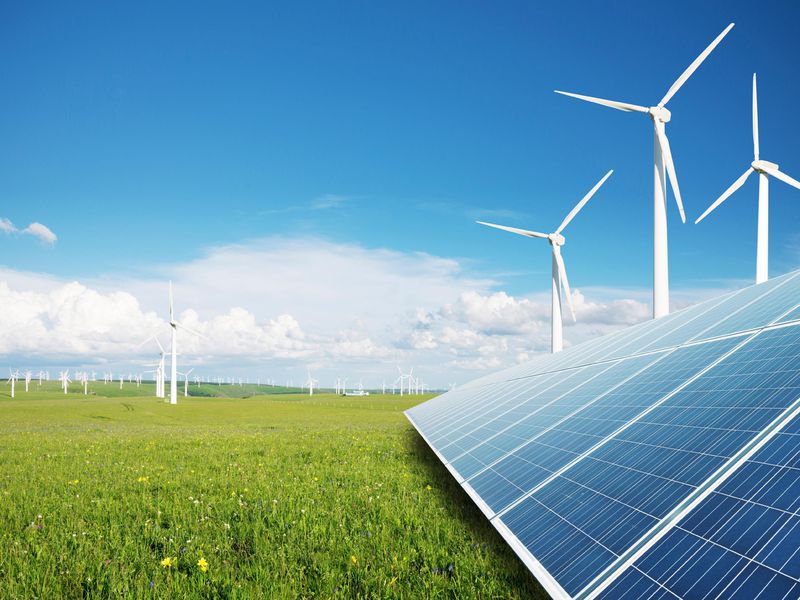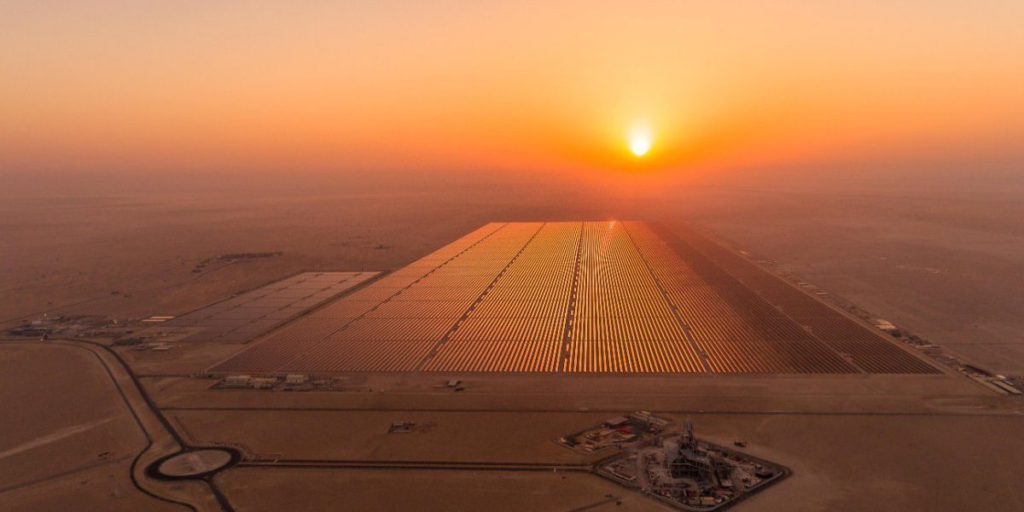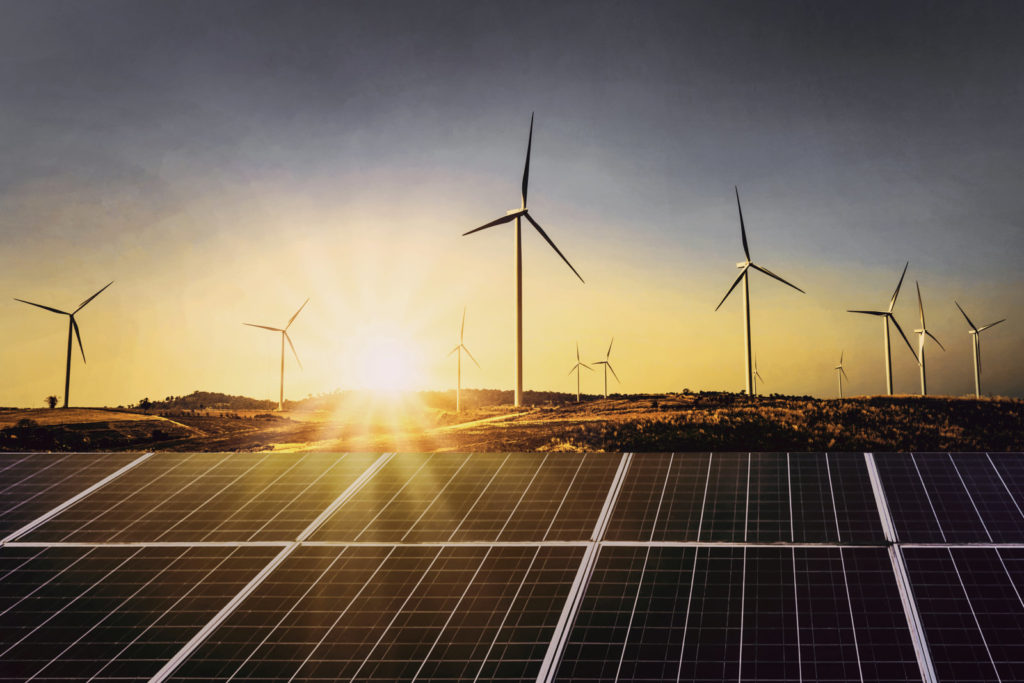By Muhammed Aladdin.
For decades now, Egypt has been solely dependent on fossil fuels to meet its market need. The non-renewable form of energy was so essential that the government had to subsidize it for the people at one point; however, in the aftermath of the last period’s instability, and the economic reform that had to follow, the country was sent reeling in disarray.
Ever since the pound’s devaluation in November 2016, fuel prices in Egypt have increased around three times, bringing an end to its days as a government subsidy. And, because Egypt had no other option, both the government and the people have had to pay a hefty price.

The future is not as dreary though, as Egypt is getting back on track with its economic reform program, and with each passing day the pound gains momentum against the U.S. dollar. However, if we are not to repeat history, we have to look for better, cleaner alternatives.
Fossil fuel is a non-renewable energy source, and with human civilization consuming about 86 million barrels of crude oil per day, our reserves will sooner or later be depleted.
On another aspect, this energy source, more than any other, is the driving factor behind many industries and applications that directly contribute to climate change as well as the rising pollution levels.

One good thing about Egypt’s current government is that it is actively seeking other forms of energy and investing in renewable infrastructure. In 2018, four major projects came to light, defining Egypt’s energy security future. Here are some details on them.
Hydroelectricity: Moussa Water Spring

Hydroelectricity relies on generating power from the natural movement of water. A large sum of Egypt’s electricity is derived from the hydroelectricity plant at Aswan’s High Dam.
Mohamed Shaker, Egypt’s Minister of Electricity and Renewable Energy, announced on the 3rd of July the beginning of construction of a new hydroelectricity plant in Sinai’s Moussa Water Spring.
According to Egypt Today, the station is set to produce 2,640 Mega Watts, feeding all of Sinai with electricity, in addition to three million more houses that the government plans to develop in Sinai.
Nuclear Energy: Al-Dabaa Nuclear Plant

In a nuclear plant, scientists use the large amounts of energy stored in bonds between atoms to generate heat. Although nuclear waste is rather toxic, if properly disposed, it could be a solution to our dependence of fossil fuel.
For quite some time, Al-Dabaa Nuclear Plant has been a national dream of many that
With a total capacity of 4800 Mega Watts, the plant is set to provide a cheaper alternative to non-renewable fossil fuel. It is made up of four power units with VVER-1200 reactor, a type of pressurized water reactor.
Wind Energy: Wind turbine farms

Wind turbines utilize the wind’s velocity in a specific area to generate electricity. Egypt is one of the more-fortunate countries that is blessed with strong winds. Here, the average wind speed is up to 10.5 miles per second.
As part of the 2030 sustainable development plan, the government has set goals to get 12% of the country’s electricity from wind turbines by 2022.
In the
Solar Energy: Benban Solar Park

Egypt has been experiencing a surge in solar power utilization; to know more about how to change your home to a solar-powered, environmentally-friendly home, check out our previous piece on solar energy.
Named after a nearby Nile village, Benban Solar Park is set to be the biggest of its kind in all of the world. The prospect of the project is so colossal that the government estimates it will be more than enough to cover Egypt’s electricity needs.



